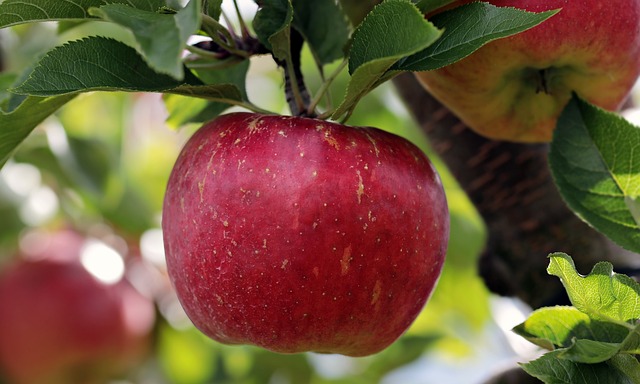Microbial Marvels: Understanding the Science Behind Probiotics
Probiotics have gained popularity in recent years as more and more people are becoming aware of the importance
of a healthy gut. But what exactly are they, and why are they considered beneficial for our overall health?
Let’s dive into the fascinating world of probiotics and explore the science behind their microbial marvels.
What are Probiotics?
Probiotics are live microorganisms that, when consumed in adequate amounts, provide health benefits to the
host. These friendly bacteria or yeasts naturally occur in our bodies and are also found in certain foods and
supplements.
The most common probiotics belong to the Lactobacillus and Bifidobacterium genera. These beneficial bacteria
help maintain a balanced gut microbiota, which is essential for proper digestion, nutrient absorption, and a
strong immune system.
The Gut Microbiota: A Complex Ecosystem
Our gut is home to trillions of microorganisms, collectively known as the gut microbiota. This intricate
ecosystem consists of a diverse array of bacteria, viruses, fungi, and other microorganisms. The gut
microbiota plays a vital role in various physiological processes, such as metabolism, immune function, and
mental health.
However, several factors like a poor diet, stress, antibiotics, and environmental toxins can disrupt the
balance of our gut microbiota, leading to dysbiosis. Probiotics help restore this balance by increasing the
number of beneficial microorganisms and inhibiting the growth of harmful ones.
Health Benefits of Probiotics
The consumption of probiotics has been shown to have numerous health benefits. Some of the proven effects
include:
- Improved Digestive Health: Probiotics can alleviate symptoms of digestive disorders
like bloating, diarrhea, and irritable bowel syndrome (IBS). - Enhanced Immune Function: Certain strains of probiotics stimulate the production of
immune cells and help strengthen the body’s defense against infections. - Reduced Risk of Antibiotic-Associated Diarrhea: Antibiotics can disrupt the gut
microbiota, leading to diarrhea. Probiotics can mitigate this side effect by restoring the microbial
balance. - Prevention of Vaginal Infections: Lactobacillus strains are known to maintain a
healthy vaginal microbiota, thereby reducing the risk of infections like yeast and bacterial
vaginosis. - Improved Mental Health: Emerging research suggests a link between the gut microbiota
and mental well-being. Probiotics may have a positive impact on conditions like anxiety, depression,
and stress.
Food Sources of Probiotics
Probiotics can be obtained through various food sources. Some of the most common ones include:
- Yogurt: Yogurt is made by fermenting milk with different strains of bacteria, such as
Lactobacillus bulgaricus and Streptococcus thermophilus. - Kefir: Kefir is a fermented beverage made by adding kefir grains to milk and allowing
it to ferment. It contains a combination of bacteria and yeasts. - Sauerkraut: Sauerkra







